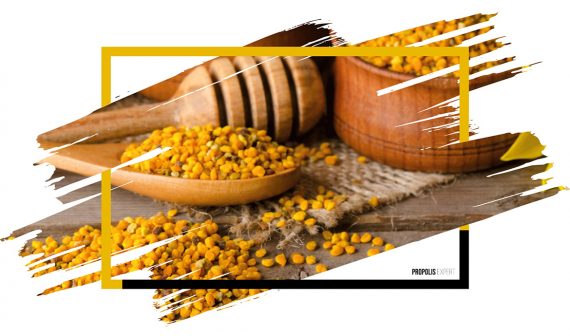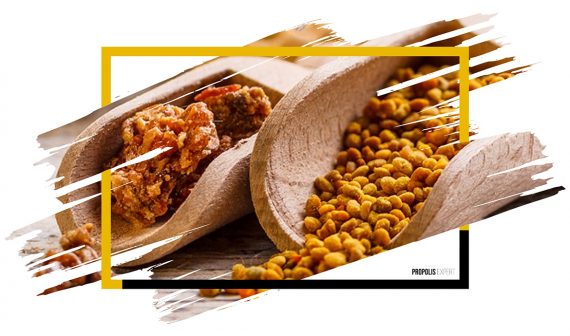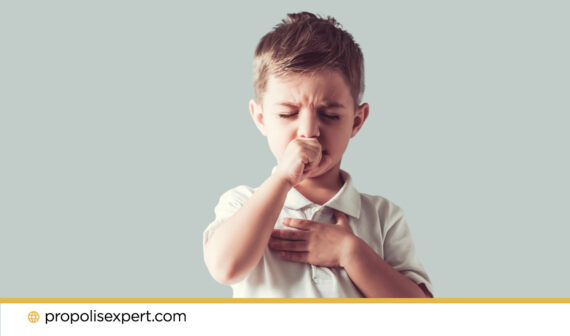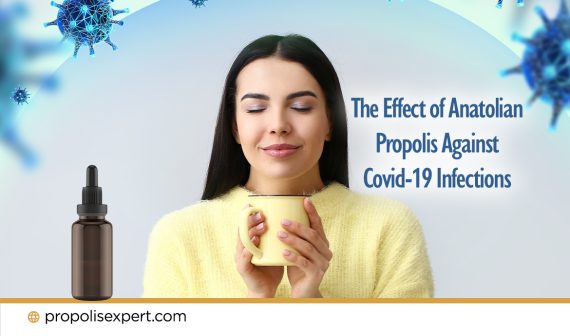What is royal jelly?
Royal jelly, a secretion of bees to feed the queen bees and their young, is a natural bee product secreted from the glands in the hypopharynx of nurse bees. It is also known as a “superfood” that is solely consumed by the queen bee. A colony will have only one queen. Royal jelly is also fed to the honeybee larvae upon hatching and helps to nurture the brood. When a beehive is making new queens, the worker bees construct individual queen cells, and the larvae in these cells are fed with excessive amounts of royal jelly.The queen bee can live for 4-5 years, but the worker bees live only 1-6 months. The drone bees, which are only male bees emerging from unfertilized eggs, have a very short life-span of about 45-60 days and will die immediately after mating.
What are the health benefits of royal jelly?
As queen bee, which is only being fed with royal jelly, differentiates from the other bees of the hive for her long-life span, size, and fertility, it is commonly believed that royal jelly might have similar effects on human health. At the beginning of the 1950s, research on royal jelly has been carried out in France. However, today many scientific studies demonstrated that regular intake of royal jelly into the diet might have many health benefits, most of them for HDA shown in animal and cell experiments;

• antibacterial and immune-activating
• immuno-modulating, anti-cancer
• anti-inflammatory
• anti-diabetes
• collagen promoting and skin protecting
• anti-ulcer
• facilitates differentiation of brain cells
• antidepressant in mice experiments
• promotes endothelial health, antihypertensive, antihyperlipidemic
• estrogenic
• anti-rheumatic
• anti-oxidative and radiation-protective and hepatoprotective (liver-protecting
• hyperglycaemic, preventing insulin resistance
• stimulating bone formation and promoting bone healing in rabbits, preventing osteoporosis in rats
• the prebiotic effect in rat gut and bacteria isolated from human infants: growth promotion of Lactobacillus and Bifidus bacteria
• against oral mucositis
• gastro-protective, against experimental colitis, restores the function of alcoholic liver diseases
S. Bogdanov, “Royal Jelly, Bee Brood: Composition, Health, Medicine: A Review,” 2011, Chp 2, in “The Royal Jelly Book,” Bee Product Science, www.bee-hexagon.net.






